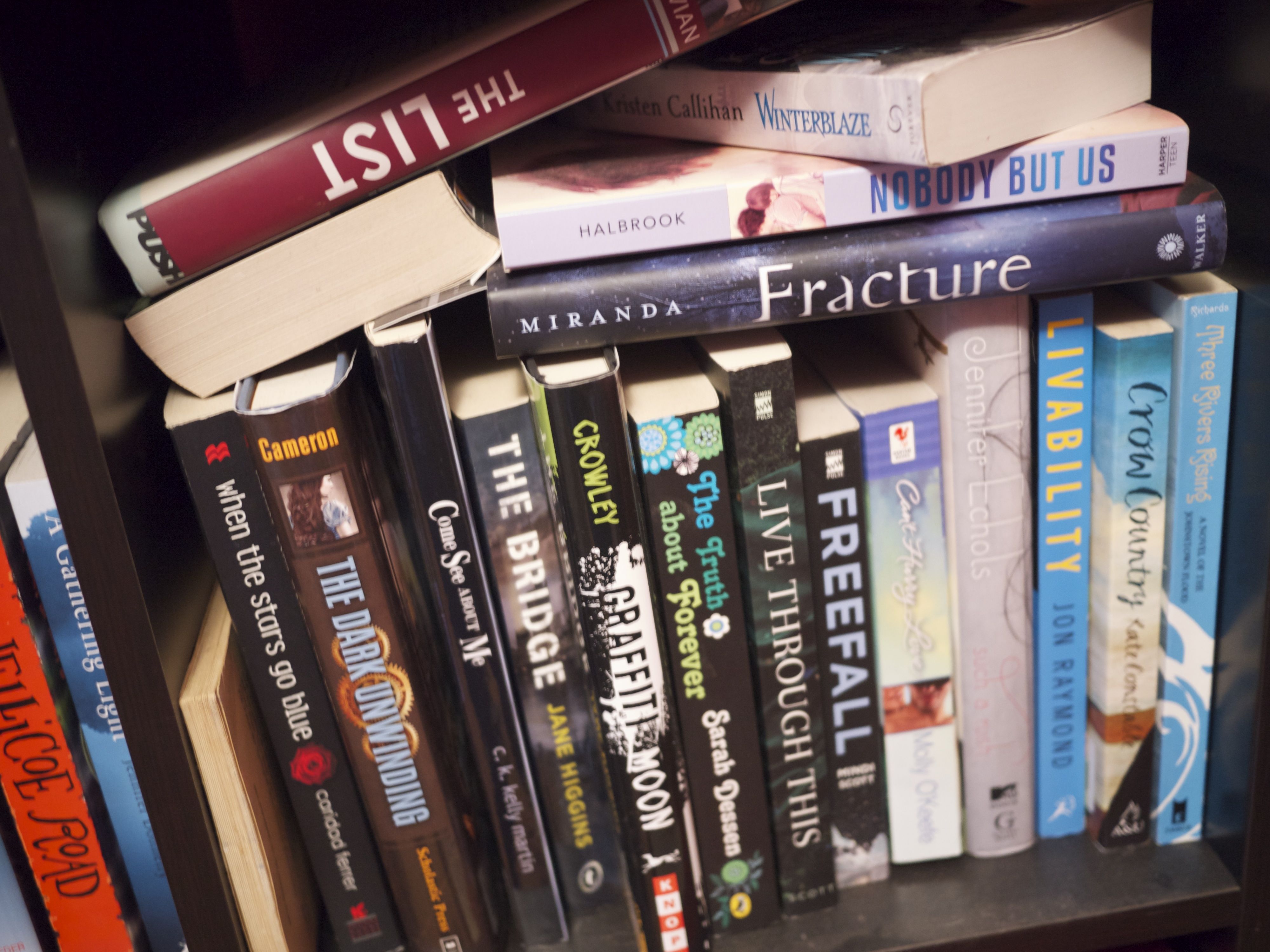Recommendation Tuesday started as a joke and is now an official thing. Basically, this is my way of making Tuesday a little more awesome. If you've got a book to recommend on this or any Tuesday, tweet me at @FullShelves and I'll help spread the word.
View all of the past recommendations over here.
Jennifer Echols is another relatively well-known author with a book I'm happy to include in my Recommendation Tuesday series. While Jennifer is well-loved by readers, she's generally under-recognized by gatekeeper types, despite having embraced positive depictions of teen girl sexuality and identity in her novels for many years.
Her latest, Biggest Flirts--the first in a new series of connected novels, is no different.
Tia, the first person narrator of Biggest Flirts, is a senior at her Florida high school, drummer in the marching band and notorious flirt. She unashamedly prefers casual hookups, eschewing boyfriends, and even has a regular hookup buddy (Sawyer, who's going to be a main character in the third book in the Superlatives series).




















